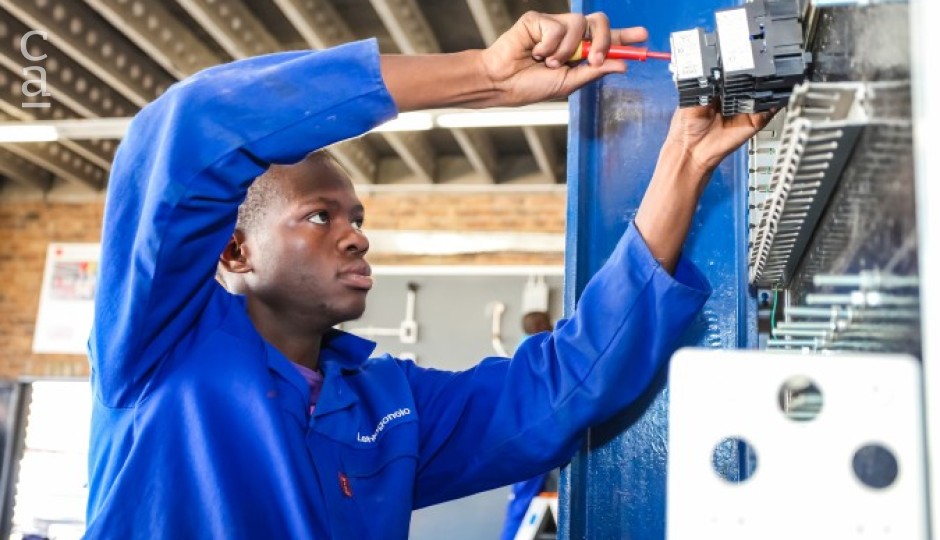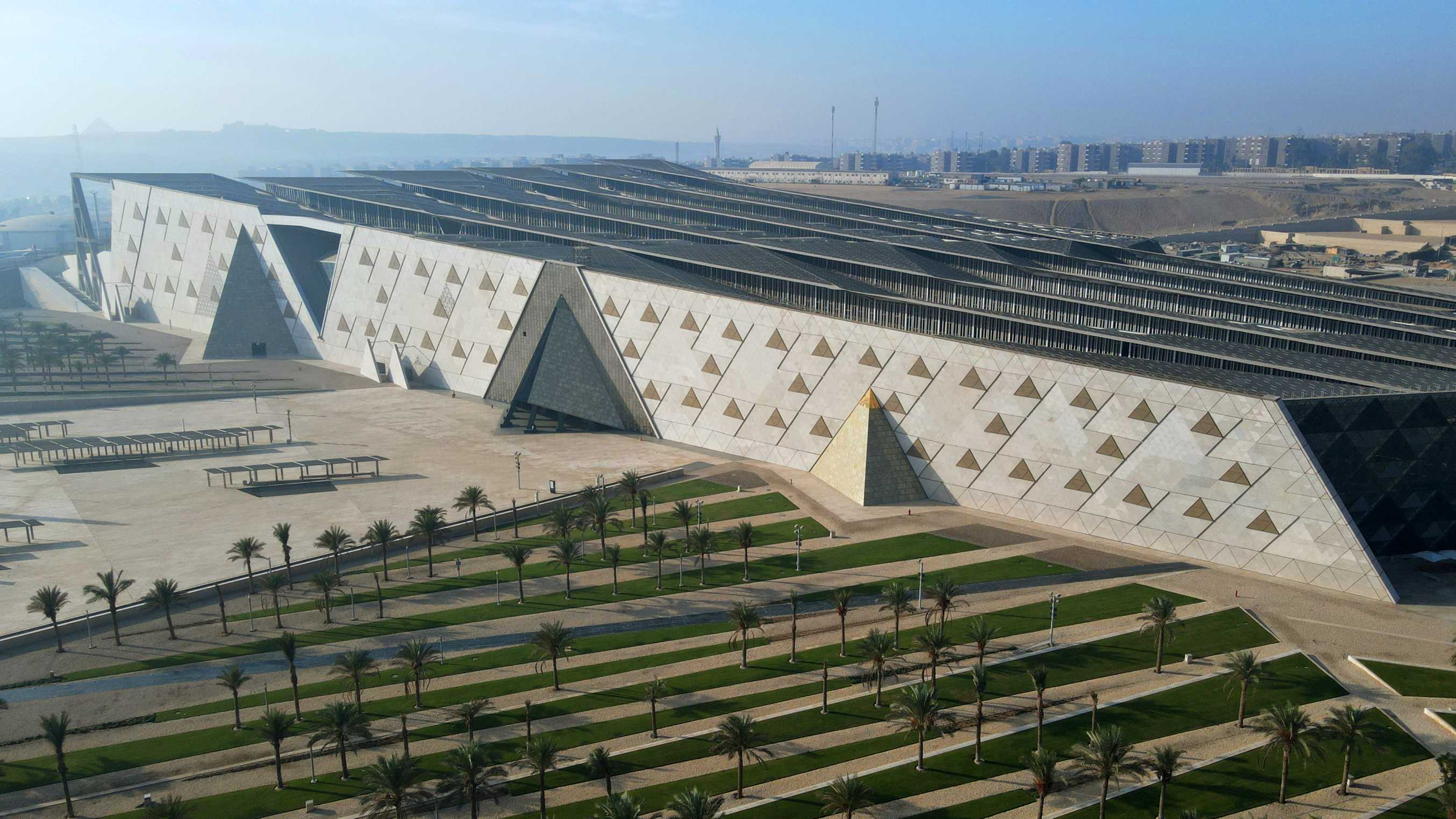All Africa
Skills Shortage Hampering Africa's Construction Industry
The Future Of Construction In Sub-Saharan Africa webinar highlighted two main challenges in the region's projects sector.

The need for the Sub-Saharan African projects industry to build a skilled local workforce and the importance of professionalism in procurement processes emerged as the two main talking points during ConstructAfrica’s first webinar in its Building a Better Africa series.
Held under the theme The Future of Construction in Sub-Saharan Africa,
Want to continue?
Subscribe to get access to premium content
By subscribing you get access to the Newsfeed, Tenders, Events



